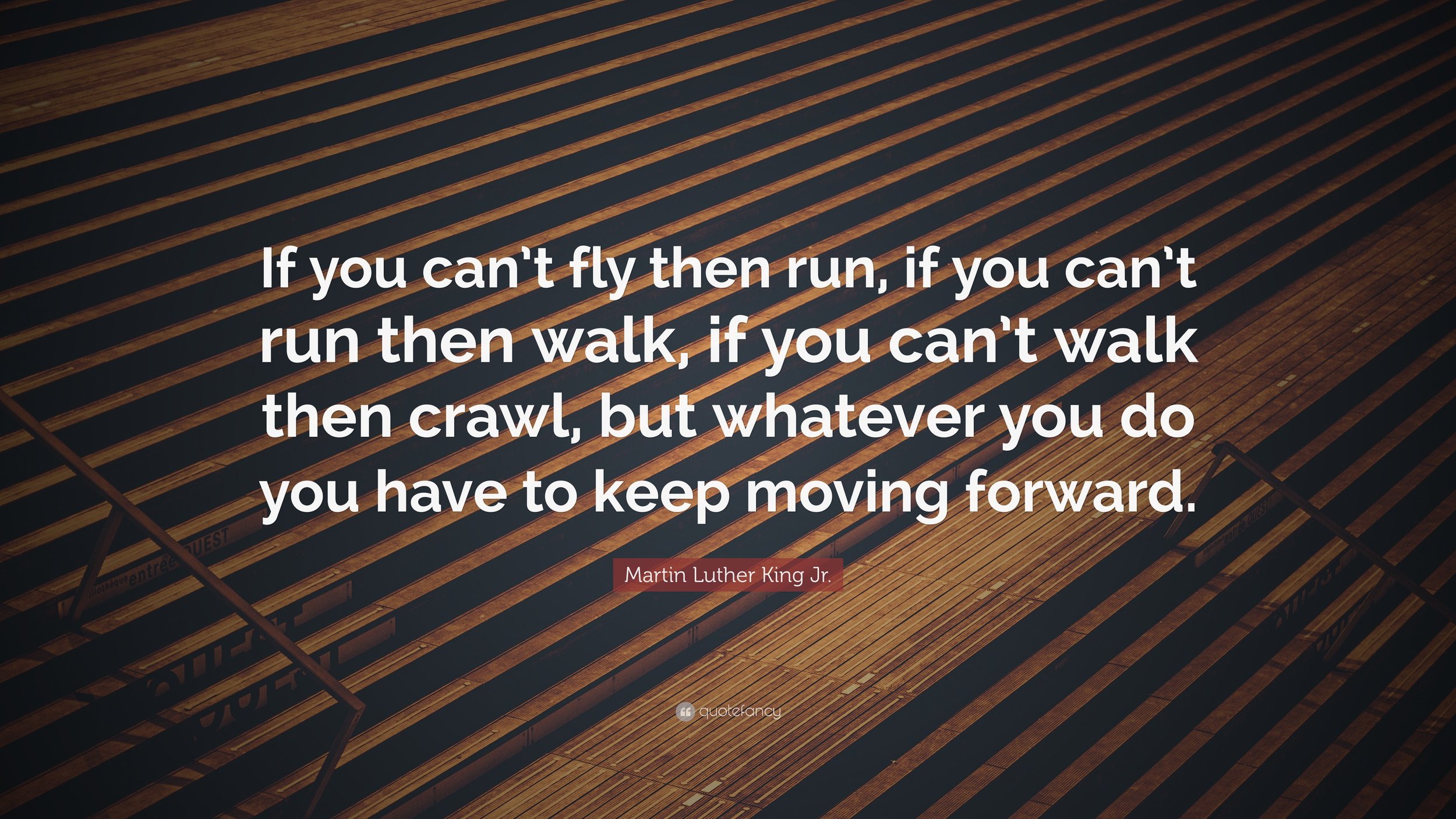
Empowering Neurodiversity: Building Understanding and Support
Celebrating neurodiversity is celebrating the different ways people think, learn, and experience the world. Neurodiversity includes conditions like autism, ADHD, dyslexia, and more. While we have made progress as a society in accepting neurodiversity, there are times when even well-meaning people say things that can make neurodivergent individuals and their families feel misunderstood. In this blog, we will explore common statements that can be hurtful and provide guidance on how to be a more understanding and supportive friend, parent, or advocate.

Protecting Yourself From Second-Hand Anxiety
It is important to protect yourself from second-hand anxiety because chronic stress can lead to long-term health problems. In addition, as a parent, you are not helping your child if you are taking on their anxiety.

Raising Body Positive Kids
Our culture is not just unfair, but in many cases dehumanizing, to people living in larger bodies. That’s the actual problem, not people’s bodies themselves. But in trying to spare our children’s pain and stigma by directing them to eat a certain way, especially amidst the forceful and persistent cultural focus on childhood weight, we unknowingly point kids toward a risky and unproductive path for their health and relationship with food and their bodies. It is a lot- so much of parenting is. But even though you can’t change what your kids will be exposed to (since diet culture is everywhere) you can change what’s happening in the home.
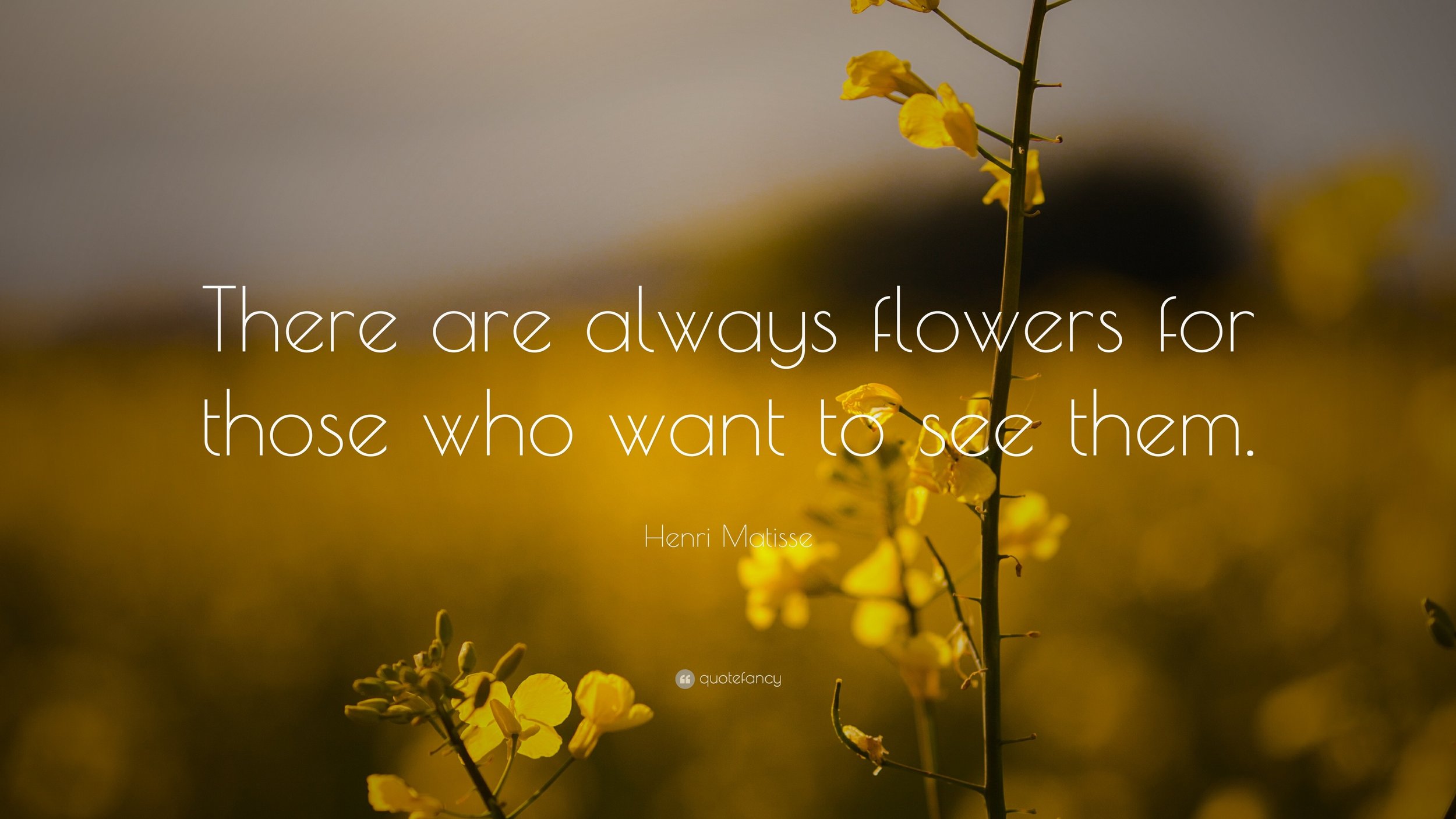
Navigating the Post-Holiday Blues
But what happens in January and February when the holidays are over? When we take down the decorations, have unwrapped all the gifts, and are faced with a normal work week and a fridge full of leftovers. How can you navigate the disappointment and comedown that often happens after a bustling holiday season, looked forward to all year long?

Unveiling the Hidden Struggles: Are You Masking Your True Self?
Masking is a term used to describe the act of camouflaging your neurodivergent traits to fit into social situations. It involves imitating neurotypical behaviors and suppressing your natural tendencies. There are costs to masking you may not be aware of.

Battling Loneliness
Most people experience loneliness at some point in their lives. Loneliness can feel crippling, but its important to remember that others are seeking connection as well. Fear of rejection can contribute to loneliness and inhibit seeking of new relationships. Making friends in adulthood is hard.

A Guide for Parents to Support Children’s Mental Health
As parents, we play an important role in shaping their emotional well-being but it can be hard to know where to start. This blog post will provide practical tips about how parents can actively support and create a positive mental health environment for their children.

Surviving The Holidays
During this time of year, there are less daylight hours, the weather is not as pleasant, and there are significantly more social, financial, and familial obligations and expectations. With a few tips, you can survive the holidays and enjoy them too.

Exploring Grief: Uniquely Universal
Grief is a universal experience that often can feel the most isolating. Whether it's the loss of a loved one, a relationship, a job, or a significant life change, grief can be a challenging journey to navigate. In this blog post, we will explore the various aspects of grief, its impact on our lives, and strategies for healing and finding hope during the grieving process.

It’s Time to Revisit Your Boundaries
Creating and maintaining healthy boundaries also leads to better self-esteem, more independence/agency, and more emotional energy. Instead of becoming drained by things you don’t necessarily want to be doing, you get to choose how your energy gets used.

Exploring Grief: The Five Stages
Experiencing the loss of a loved one is an inevitable part of life. During such challenging times, understanding the grieving process can provide solace and support. The Kübler-Ross Model of grief, developed by psychiatrist Elisabeth Kübler-Ross, offers valuable insights into the emotional journey we as individuals can undergo when facing loss.

What is EMDR for Trauma? How Can It Help Me?
EMDR for trauma is a type of psychotherapy that enables people to heal from the symptoms and emotional distress that are the result of trauma or adversities such as issues of abuse, bullying, domestic violence, grief, abandonment, and attachment wounds.
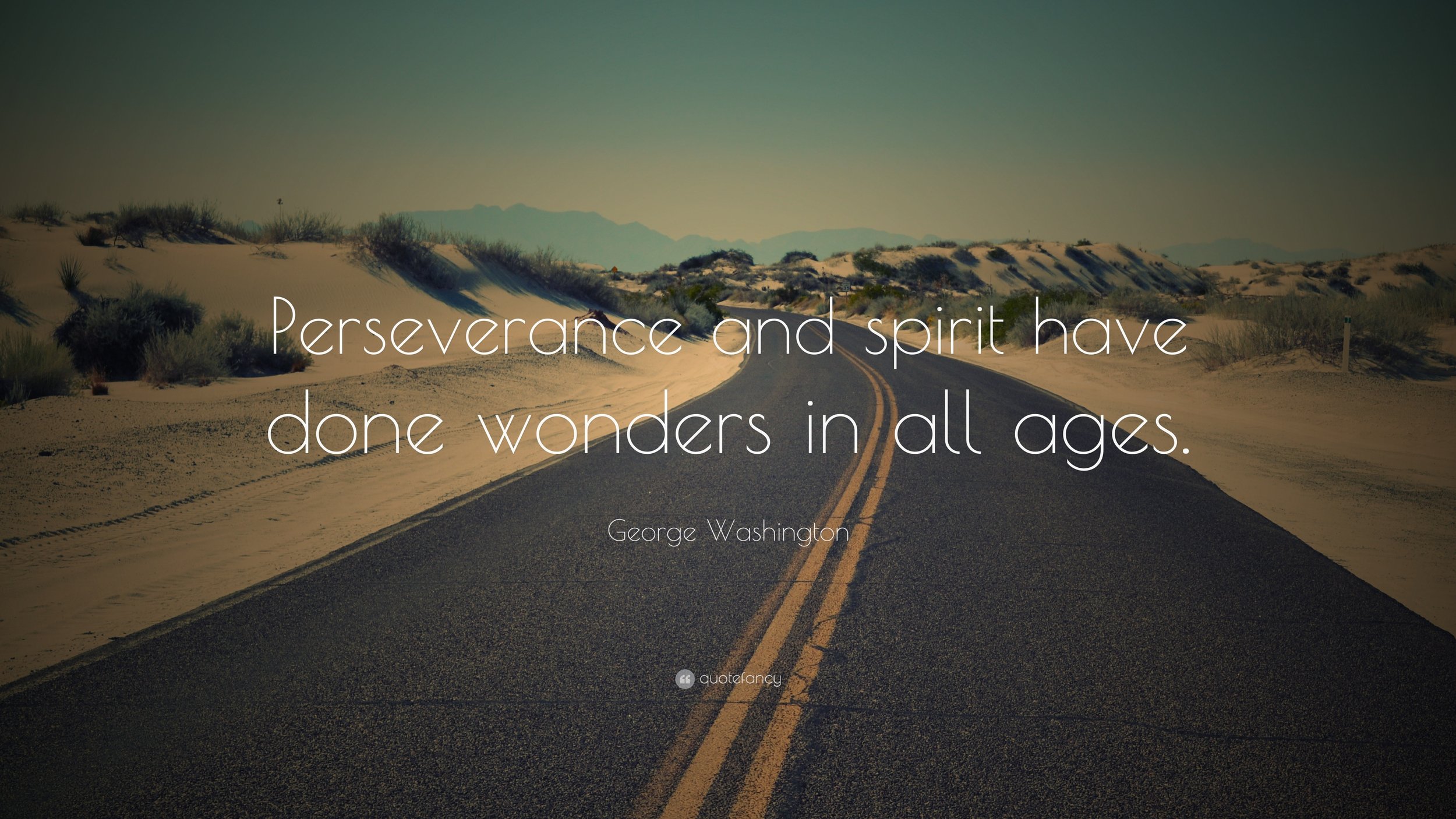
How to Cope with Anxiety Caused by Things Out of Your Control
While we can't necessarily stop our brains from perceiving “things that are out of our control” as danger that will trigger anxiety, we can control our responses once anxiety shows up and we can also retrain our brains to not perceive a lack of control as anxiety.

The Sunday Scaries
Sunday evening can feel like time where you are just waiting for that inevitable moment when the weekend is over, but Sundays also have potential to be relaxing and fun.
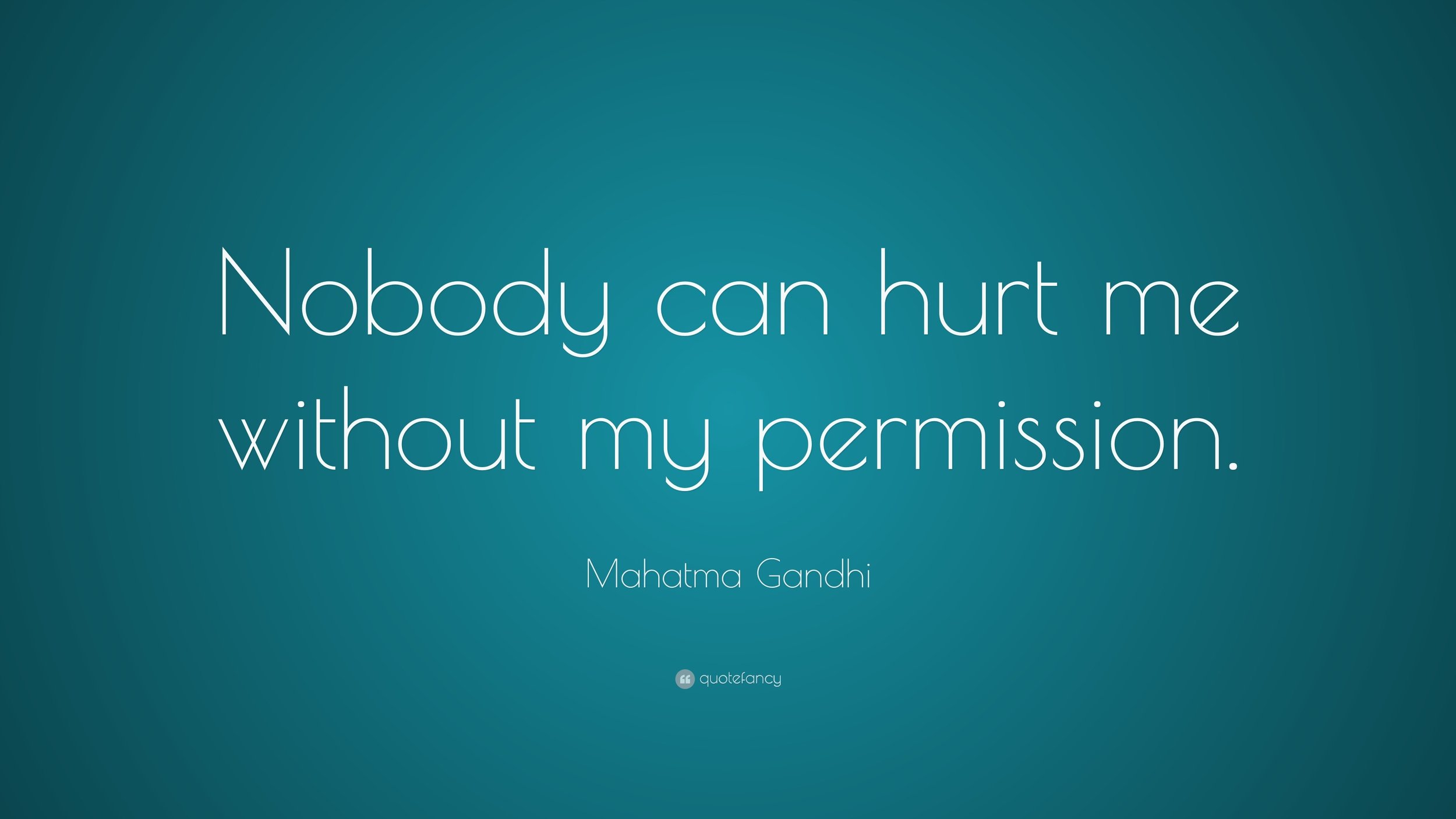
Ghosting
Getting ghosted doesn’t usually feel good, and it can be hard to get closure without having an idea of what happened or why.

How To Help Kids When Big Emotions Happen
When individuals are struggling with emotional regulation, their emotions feel very out of control to them. In young children, this can look like throwing tantrums, refusal behaviors and excessive worrying. Struggling to regulate emotions is pretty common, even us adults struggle with it at times. However, it is pretty easy to teach kids skills which help them to regulate their emotions.
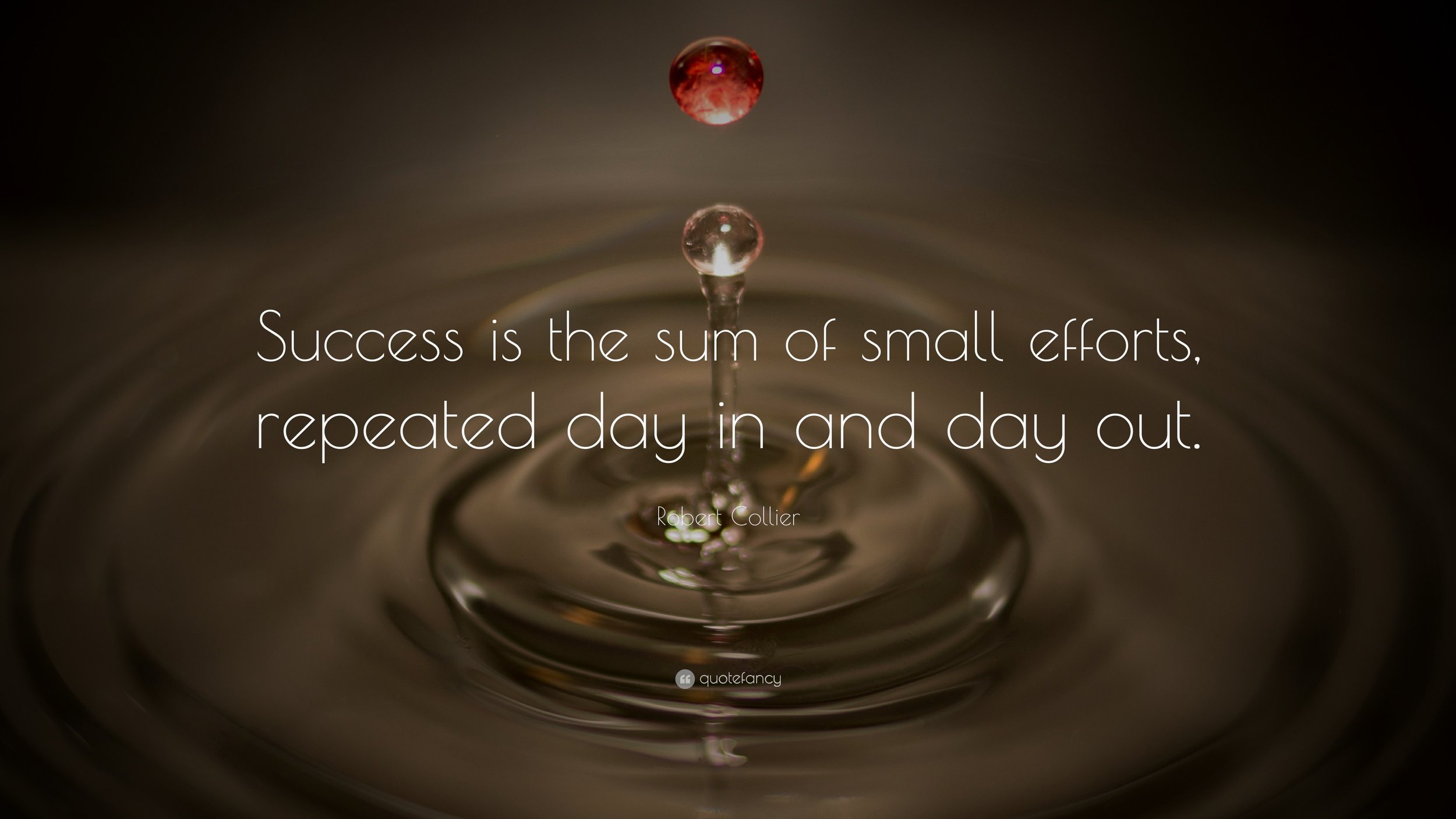
Making Relationships Work: Love Maps
Love Maps are a basic way of getting to know someone and in the case of longer-term relationships, a way of finding out new things about someone or discovering that things may have changed since you last talked about them. While love maps were developed for married couples, they can be used to build closeness in any relationship, like getting to know a new friend!
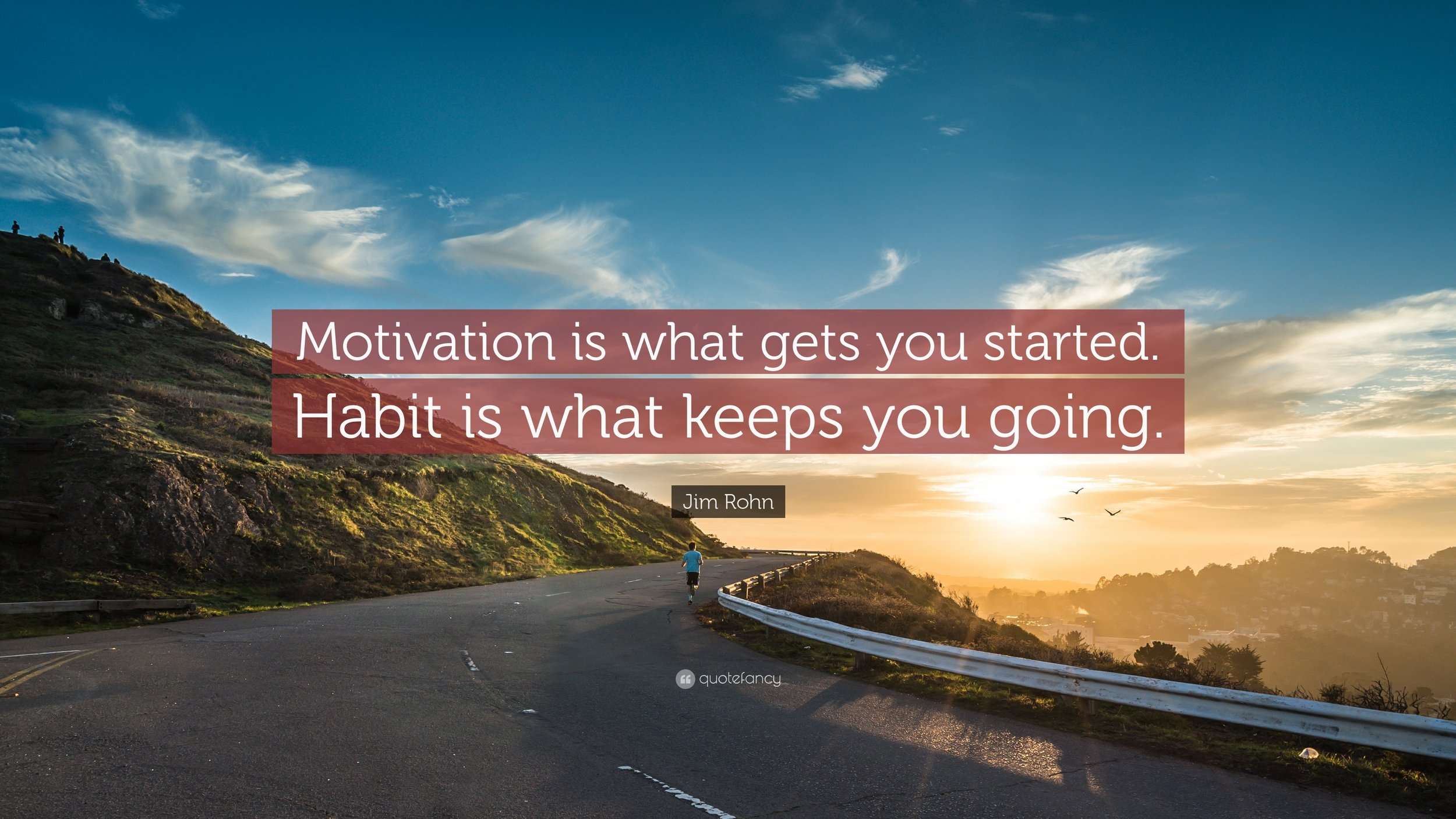
Academic Burnout
The difference between the typical stress of the adjustment period of starting a new school year and burnout is how long these symptoms accumulate without adequate strategies or support for coping with the stress. If people are not able to successfully cope, they can end up suffering mentally, physically, and emotionally for months or years on end, which is not sustainable to our wellbeing.

6 Things Your Therapist Wishes You Knew
To help improve your therapy experience, we have come up with a list of some things that our therapists would like you to know about the therapy process at Champaign Counseling.
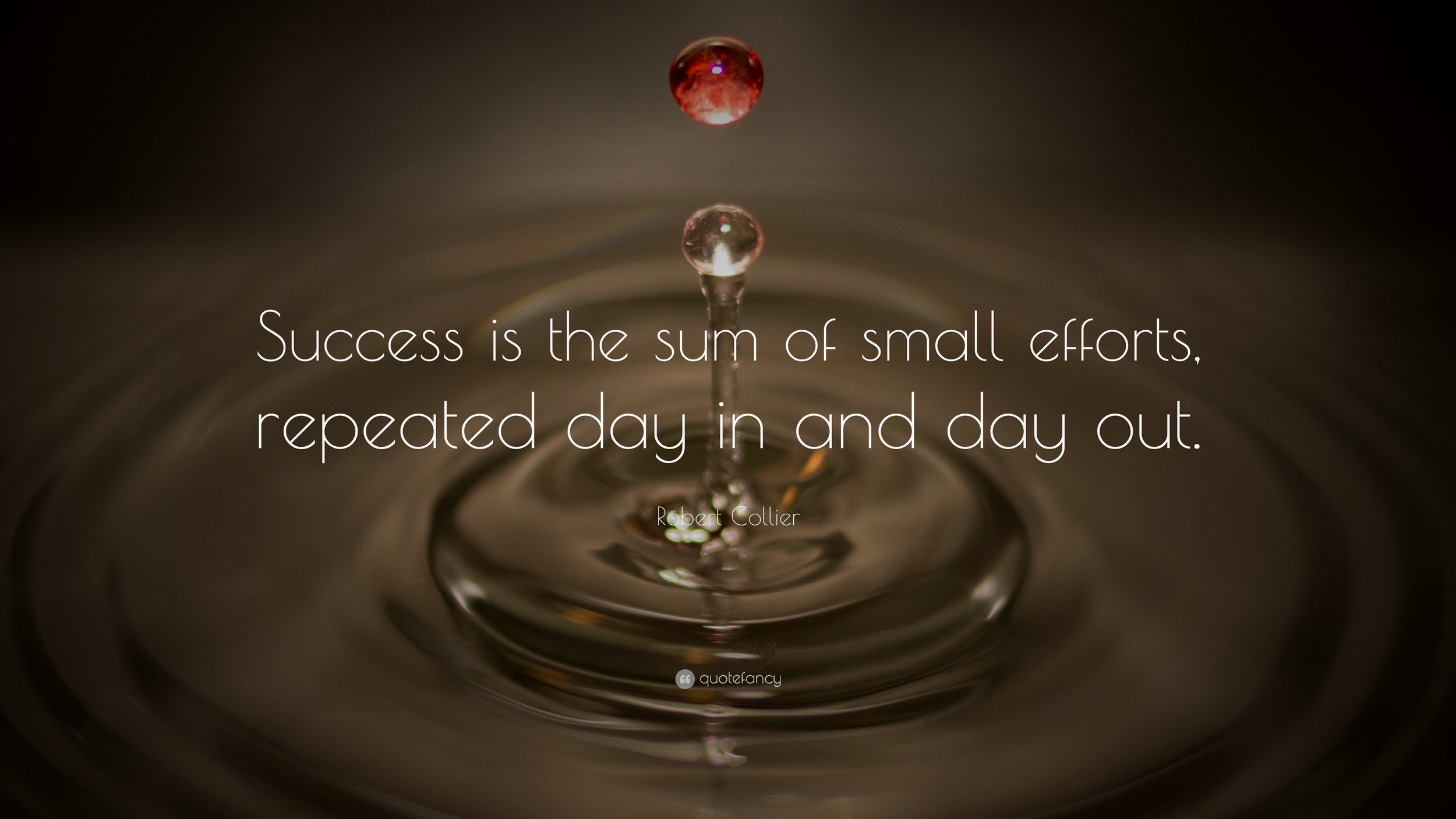
You’ve Heard of Fight or Flight… But What About Freeze?
Fight, Flight, and Freeze are the three responses that are biological instincts to protect us when our lives are in danger. However, what we find sometimes is that we experience fight, flight, or freeze even when there is not a threat to our lives.
